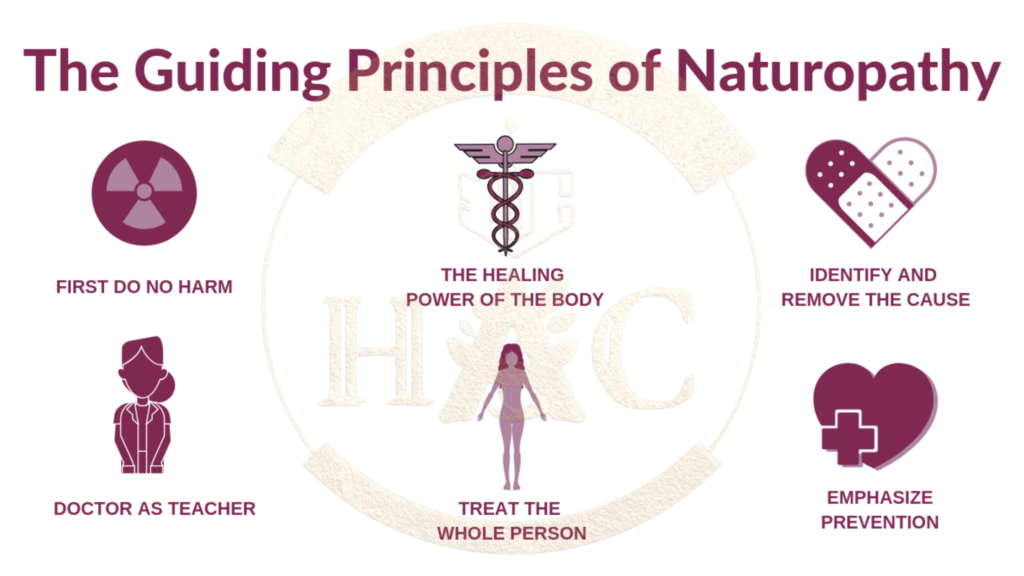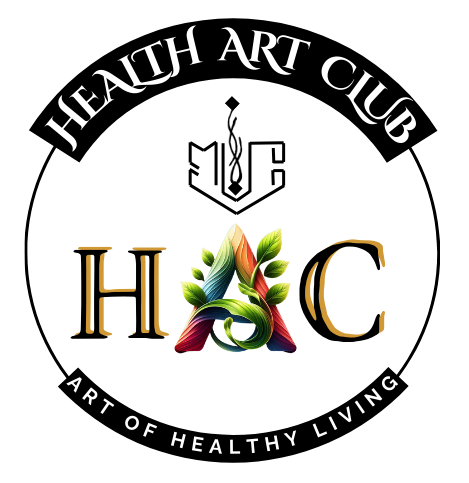Introduction: The Allure of Natural Healing
Imagine a world where your body, mind, and spirit work together in order to give you the best chance at self-therapy and self-healing without the expense of depending on medicines. This holistic approach lies at the heart of naturopathic medicine, a system of care that uses the power of nature to heal and restore balance and vitality. In today’s fast-paced world filled with stress and synthetic solutions, could naturopathic medicine be the natural remedy we’ve been searching for?
What is Naturopathic Medicine?
Naturopathic medicine is a holistic approach to healthcare that focuses on treating the root cause of diseases rather than just addressing the symptoms. By combining modern medical science with traditional natural remedies, this mode of healthcare helps to strengthen individuals to achieve optimal wellness.
Key Characteristics:
- Non-invasive treatments
- Emphasis on prevention
- A combination of ancient wisdom and modern science
A Brief History of Naturopathic Medicine
The origins of Naturopathy date back thousands of years to ancient healing practices in Greece, China, and India. Hippocrates, often referred to as the “Father of Medicine,” believed in the body’s intrinsic ability to heal itself. Fast forward to the 19th century, and Dr. Benedict Lust popularized naturopathy in the United States, blending European natural therapies with modern medical practices.

Core Principles of Naturopathy
Naturopathic medicine adheres to six foundational principles:
- The Healing Power of Nature: Trusting the body’s ability to heal itself.
- Identify and Treat the Root Cause: Addressing underlying issues rather than symptoms.
- First, Do No Harm: Prioritizing safe and gentle interventions.
- Doctor as Teacher: Educating patients about their health.
- Treat the Whole Person: Considering physical, mental, and emotional factors.
- Prevention: Encouraging proactive steps to avoid illness.
Naturopathic Practices Explained
A typical naturopathic treatment plan may include:
- Nutritional Therapy: Personalized diets for optimal health and general wellness. Consult our expert nutritionist here.
- Herbal Remedies: Use of plants and herbs to treat and prevent diseases.
- Homeopathy: Substances that initiate and promote the natural healing system of the body.
- Hydrotherapy: Use of water to heal the body.
- Lifestyle Counseling: Guidance on stress management and exercise.
Benefits of Naturopathic Medicine
The advantages of naturopathy extend beyond physical health:
- Holistic Healing: Targets overall well-being, considering the person as a whole.
- Reduced Side Effects: Focus on natural, gentle solutions without harming the body.
- Customized Treatments: Tailored management approach for each body system.
- Improved Energy Levels: Rejuvenates the mind, body, and spirit.
- Long-term Results: Emphasis on a sustainable, healthy life, ensuring prolonged health benefits.
Common Misconceptions and Myths
Naturopathic medicine often faces criticism due to misunderstandings. Let’s debunk a few myths:
- Myth: Naturopathy rejects science.
- Fact: It integrates evidence-based practices.
- Myth: It’s only about herbs.
- Fact: Includes diverse treatments like nutrition, acupuncture, and counseling.
- Myth: It’s slow and ineffective.
- Fact: It builds lasting health by addressing core issues.
The Role of Nutrition in Naturopathy
“You are what you eat”—a cornerstone rule in naturopathic medicine. A well-balanced diet rich in whole foods, antioxidants, and essential nutrients can:
- Boost immunity
- Enhance digestion
- Prevent chronic diseases
Herbal Medicine: Nature’s Pharmacy
From turmeric to echinacea, plants have been the main part of the human diet, either in the form of food or as a remedy to cure disease. Naturopathic medicine includes the use of herbs to:
- Manage pain
- Support hormonal balance
- Improve sleep
Consider adding chamomile tea to your bedtime routine as it calms the nervous system to promote sleep or ginger for soothing digestive discomfort and promoting digestion. Visit our shop for premium organic products.

Mind-Body Techniques for Holistic Healing
Stress is a silent suppressor of health. Mind-body practices such as:
- Meditation: Enhances mental clarity and promotes serenity
- Yoga: Strengthens the connection between body and mind.
- Breathing Exercises: Reduce anxiety and relax the body.
These techniques empower individuals to find inner peace and physical harmony.
Who Can Benefit from Naturopathic Medicine?
For anyone, either suffering from chronic illness or wanting prevention from disastrous diseases by boosting the immune system, naturopathy offers benefits for every group of the population, including:
- Individuals with digestive issues
- Patients managing diabetes or hypertension
- People recovering from burnout
Challenges in Adopting Naturopathic Approaches
Despite its positive potential outcomes, naturopathic medicine continues to have limitations:
- Accessibility: Limited availability of trained practitioners.
- Insurance coverage: often excluded from health plans.
- Skepticism: Misunderstanding or mistrust among conventional doctors and patients.
Combining Conventional and Naturopathic Treatments
Naturopathy isn’t about rejecting conventional medicine; it complements traditional techniques. For instance:
- Using acupuncture for pain alongside prescribed medication.
- Integrating dietary modifications along with standard treatment for chronic conditions.
Practical Tips for Starting Your Naturopathic Journey
- Consult a licensed naturopathic doctor.
- Keep an open mind, but verify credentials and evidence.
- Start small—a shift from processed foods to whole organic foods.
- Incorporate relaxation exercises into your daily routine.
The Future of Naturopathic Medicine
As demand for integrative healthcare and preventive medicine grows, especially in the era after COVID-19, naturopathy is gaining momentum and popularity. Key positive trends include:
- Increased number of ongoing research validating traditional practices.
- Digital health tools like apps for monitoring holistic wellness.
- Expansion of naturopathic programs in the medical education system.
Conclusion: Take Charge of Your Health Today
Naturopathic medicine offers a light of hope for those looking for holistic, sustainable health solutions. It not only makes your body healthy but also prepares it to stay healthy by boosting the body’s inner defense system. Are you ready to embrace a lifestyle that prioritizes prevention, natural remedies, and harmony? Start your journey today by exploring how nature’s wisdom and healing power can transform your body and health. Try our comprehensive health and wellness plan to get the perfect harmony of mind, body, and spirit.
Read more about the affect of sleep on mental health.
For further understanding of this topic, use this resource.
Frequently Asked Questions (FAQs)
1. What does a naturopathic doctor do?
A naturopathic doctor identifies and addresses the root causes of health issues using natural and non-invasive methods such as nutrition, herbal medicine, and lifestyle counseling.
2. Is naturopathic medicine safe?
Yes, when practiced by licensed professionals, naturopathic medicine emphasizes safety, often using treatments with minimal side effects.
3. Can naturopathy cure chronic diseases?
While not a cure-all, naturopathy can manage symptoms and improve the quality of life for chronic disease patients by addressing root causes and promoting overall wellness.
4. How does naturopathy differ from homeopathy?
Actually, it’s not about homeopathy vs. naturopathy because homeopathy is a branch of naturopathy. Naturopathy is a broad practice involving various natural treatments, while homeopathy is a specific approach within naturopathy using diluted substances to stimulate healing.
5. How long does it take to see results with naturopathy?
Results vary based on individual conditions and treatments. While some changes may be immediate, most benefits manifest gradually over weeks or months.
6. Do I need to stop conventional medicine to try naturopathy? No, naturopathy complements conventional medicine. Always consult healthcare professionals before changing treatments.
